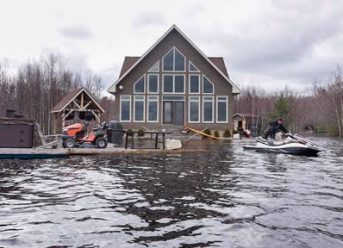Cursive Writing in Museum
March 18, 2019
0 comment

Nature Love
March 13, 2019
0 comment

Data breach compromises thousands of email addresses at UNB
January 28, 2019
0 comment

Coast Guards Called In To Fight Floods
May 4, 2018
0 comment

Floodwaters Affects Life At New Brunswick
April 30, 2018
0 comment

Fredericton Roads Closed Due To Rising Flood Waters
April 27, 2018
0 comment

Best Press Release Distribution Services in 2020
May 15, 2020
0

Coast Guards Called In To Fight Floods
May 4, 2018
0

Province Wide Screening Program For Colon Cancer Detection
April 9, 2018
0






